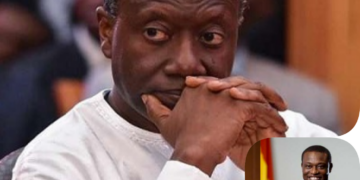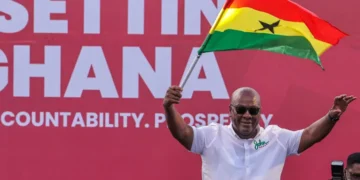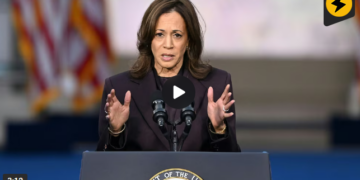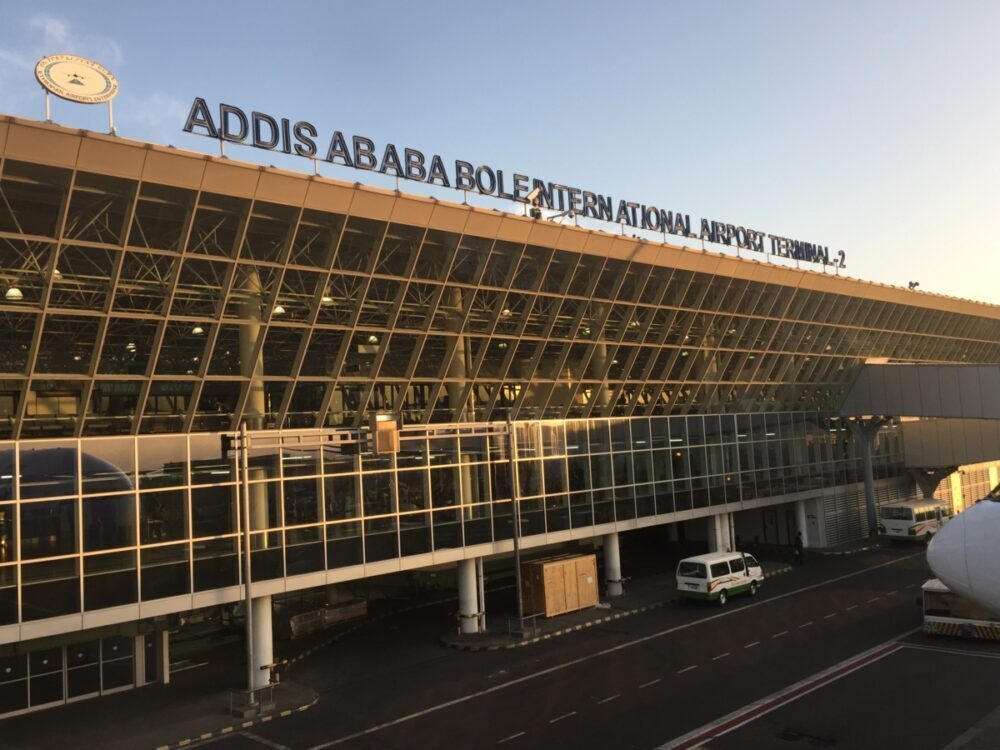 Deputy Information Minister Kojo Oppong Nkrumah refutes claims that the taxes government collects have not done enough to ensure the fundamentals of the economy remain robust.
Deputy Information Minister Kojo Oppong Nkrumah refutes claims that the taxes government collects have not done enough to ensure the fundamentals of the economy remain robust.
“The numbers don’t support that narrative. The GDP grew significantly,” he told Daniel Dadzie on the Super Morning Show Wednesday.
His comments come on the heels of speculation that Finance Minister Ken Ofori-Atta will announce a 4% increase in VAT during his Mid-Year Review address to Parliament Thursday. A source has since confirmed to Joy News that the VAT will not rise.
But Nkrumah would not confirm nor deny whether the VAT hike would take effect, but proposed other alternatives to ramp up revenue in the country.
First option: “Target those who can pay more to pay more,” he said.
Another alternative, he said, is to introduce a tax amnesty like the newly rolled out TIN registration program.
“The target is to add one million more taxpayers. That’s how you broaden the tax base.”
Numbers reveal Ghana’s economy grew 6.8% in 2018’s first quarter. On a quarterly basis last year, GDP expanded 1.5 percent.
“I admit that we have to do a lot further, but let us not pretend that absolutely nothing has happened,” he acknowledged.
He also admitted that there are still leakages in how revenue is generated and sustained.
“The GRA is a very improved version of our revenue agencies in the past, but they are not perfect,” he said. “There needs to be more tightening. We must ensure that every person working in the formal sector is paying their due.”
More stories:
- NDC sacrificed former veep Paa Kwesi Amissah-Arthur for power – prophet
- 3 babies among 100 dead off Libya as Europe hails new migrant deal
- 10 most compelling photos from the 2018 World Cup
- Zimbabwe’s president survives assassination attempt in Bulawayo
- Nine dead in Nigeria oil tanker explosion
Malawi’s albinos to contest in elections
Part of the agency’s improvements include a new implementation of fiscal electronic devices in stores that synchronize receipts with the GRA database in real-time, he said.
Per the NPP’s manifesto, “a strong economy is defined by its stability, its growth rate, the levels and number of taxes, the extent of value-addition, the creation of wealth, and the prosperity of citizens.”
But economists fear the NPP’s suggested proposal to broaden the country’s tax base will overwhelm Ghana’s lower-class, who argue the VAT they currently pay is not being reflected in their communities.
“If citizens know that the taxes are being put in good use, they will pay,” Dr. Priscilla Twumasi-Baffour, an economist specialising in labour markets, gender and inequality told Daniel Dadzie in a panel discussion on the Super Morning Show Monday.
She continued: “But we have a problem when there are potholes all over, trash everywhere, and then the government comes and asks us for more money.”






















































